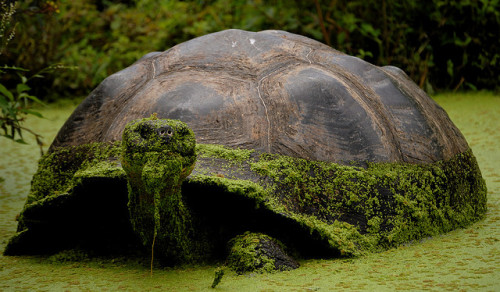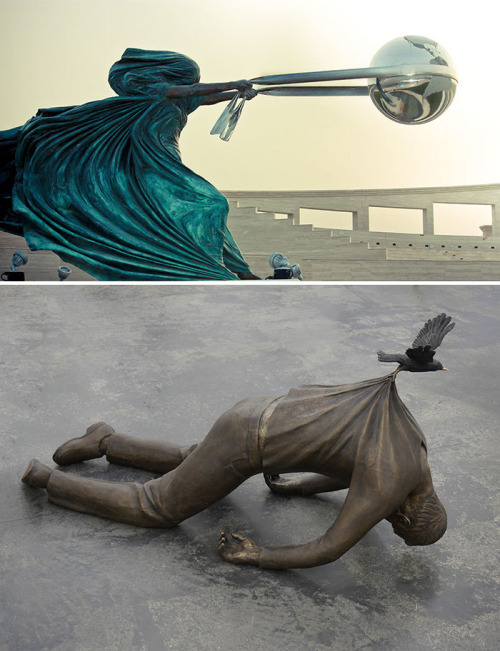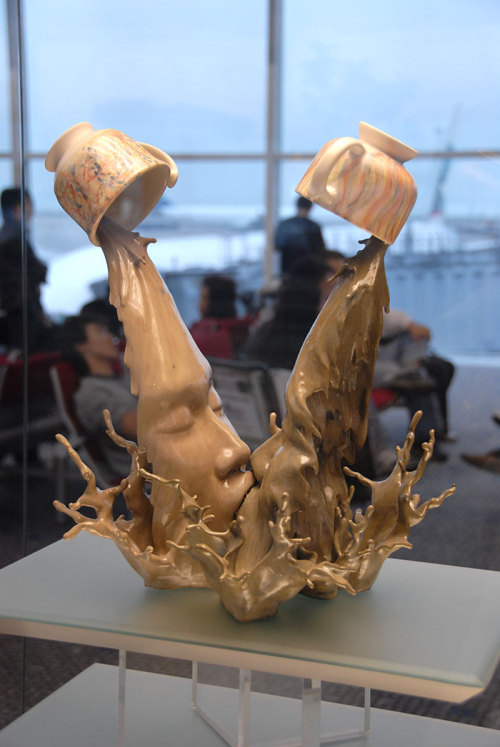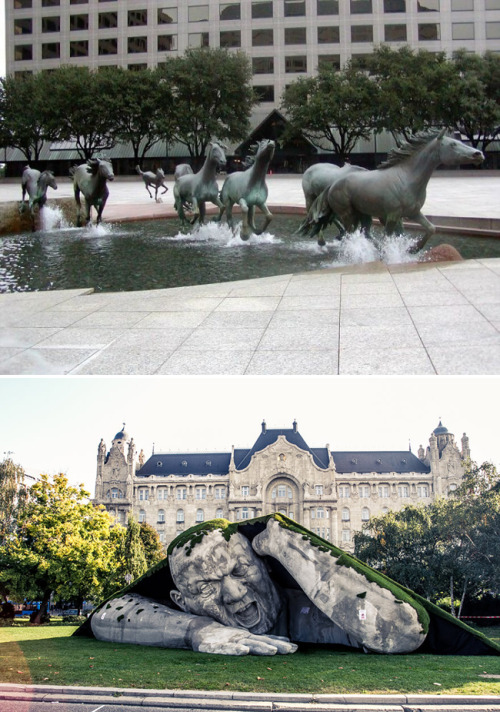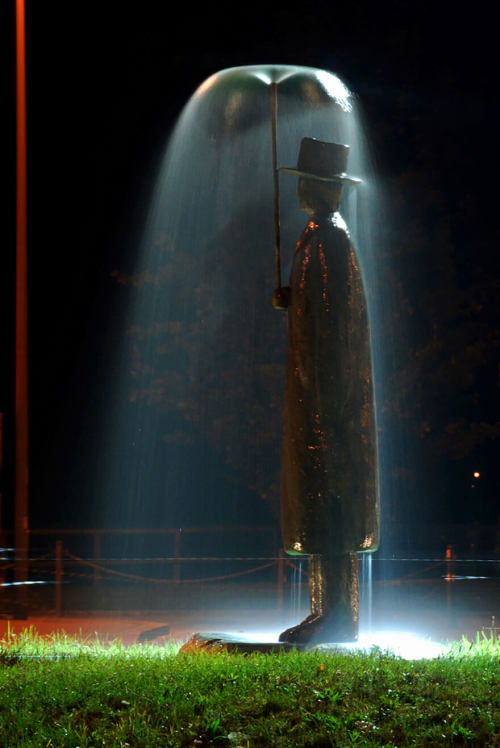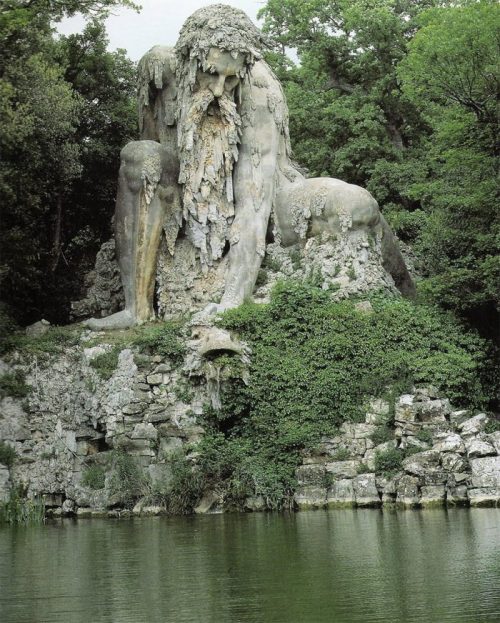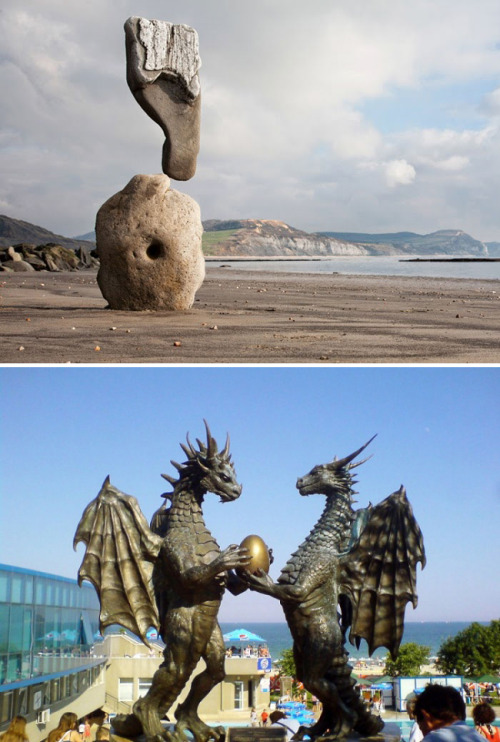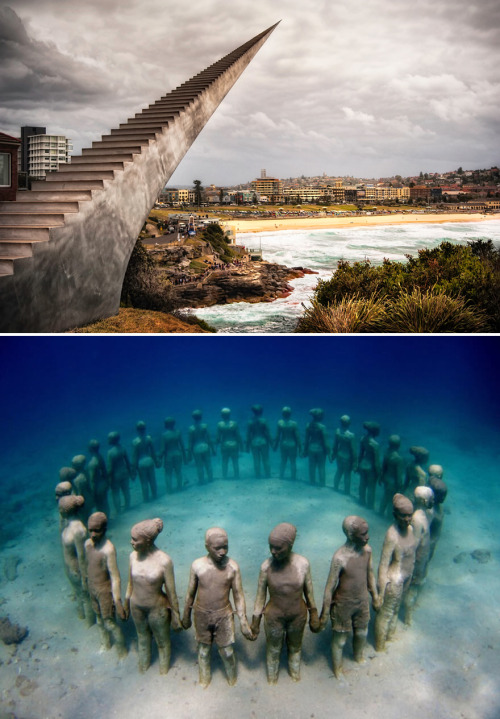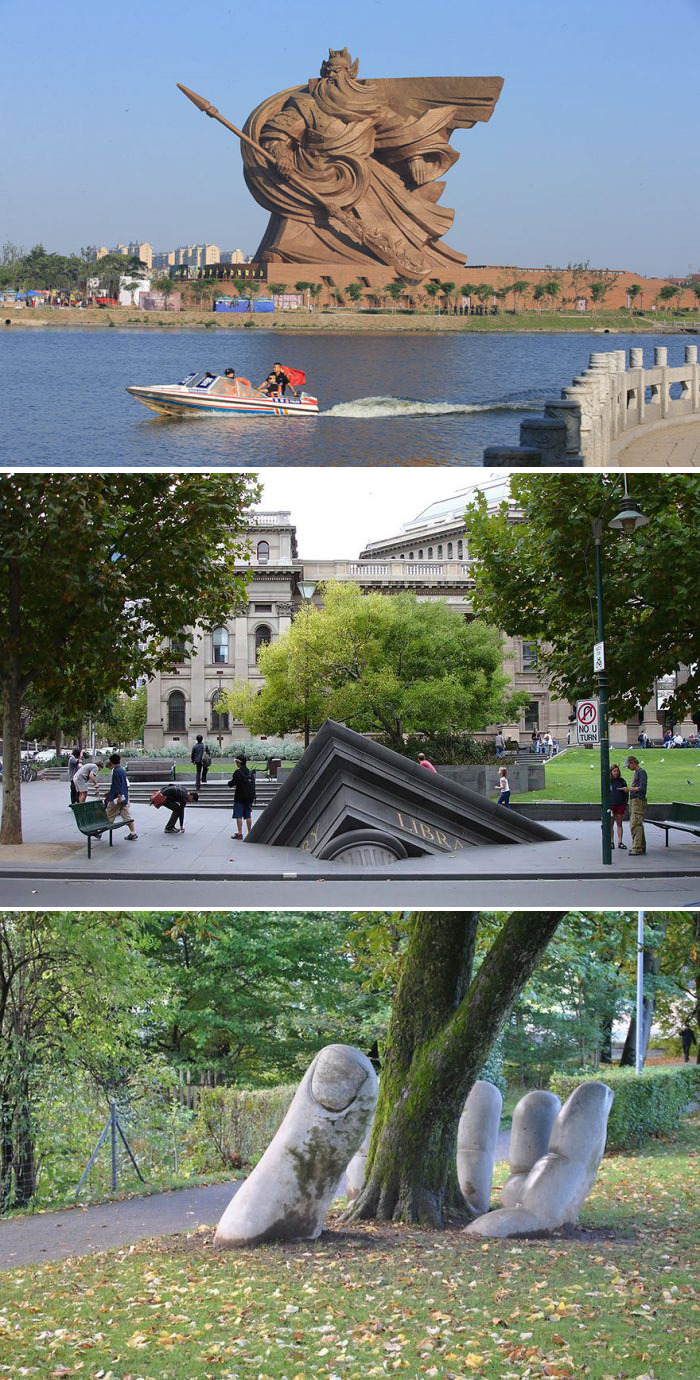Old Gods - Tumblr Posts
Thor is Back
Since my series idea introduces another world – the world of the old gods – I have tried stepping into the role of Thor.
Since I share my films on Instagram and X, where many professional actors are active, I decided to scale back my own acting a bit. I didn't want to overshadow any actor because respectful acting is important to me. At the same time, I wanted to showcase some scenes from my script. Therefore, I filmed these scenes.
𝐒𝐞𝐚𝐫𝐜𝐡𝐢𝐧𝐠: 𝐓𝐡𝐞 𝐑𝐞𝐭𝐮𝐫𝐧 𝐨𝐟 𝐭𝐡𝐞 𝐖𝐨𝐥𝐟 𝐭𝐨 𝐀𝐬𝐠𝐚𝐫𝐝
That was the moment when I introduced both gods – Odin and Thor – on the same day for the first time.
It was a rehearsal, and in the script, this is the scene where the gods come to Midgard after the Thing and begin their quest.
Me until Veil Guard comes out

July for Loki using 30 Days of Deity Devotion prompts, Day 19 • What quality or qualities of Loki do you most admire? What quality or qualities of him do you find the most troubling?
I deeply admire Loki - otherwise he wouldn’t be my patron god, I assume. His quick thinking, his creativeness, his being a smart Áss… but not only that, of course. He’s wise, not “only” cunning, and compassionate and loving, which are all qualities I wish were mine too. Though probably not many will agree on this, I think he’s also very courageous - and enduring: try passing some centuries underground tied to a rock with a venomous snake spitting on you, then you can come and tell me about endurance and patience. As I wrote in one of my previous posts, he’s also very well versed in magical arts, and a powerful shaman, very good at working with Animal Spirits and the Spirits of the Dead, which is something I look at with the deepest admiration. I have a hard time thinking of something troubling about him, because the first feeling that he makes me feel when I think about him is love, but if I have to choose one I’d say his being sometimes impulsive, acting mainly following the heart without thinking too much of the consequences. It’s not a bad thing in itself, especially if you’re acting in defense of someone you love, but it can lead to bigger troubles, and some of his myths imho show this rather well. It’s definitely something I can relate to, though, so… yeah, in fact I think nothing really troubles me about Loki.
Art: Loki finds Gullveig's Heart by John Bauer

Hello hello hello!
I truly love everything about this. Always nice to find more historical info about our beloved Trickster.
Loki illustration from 17th century Iceland

Huhu... Let's not look at where his hand is... and more at the inscription below...
Yeah. Sigyn is mentionned!!! :p
I don't know what it means though... Anyone has an idea?

me after ep. 9 of black mouthed dog
A start of shift prayer:
Gorfannon the Smith, guide my hand.
Amaethon of the Plough, give strength to my back.
Let me lose myself in my labours and find peace in my toil,
May my efforts be fruitful and my respite well earned.
The King of Annwn
Brythonic Paganism Essays: Part I
The Usual Disclaimer: The tales of The Mabinogion and other surviving Welsh texts were once shared orally, passed down across generations, and over vast distances. By the time these stories were finally committed to writing, the Welsh had long embraced Christianity. As a result, what remains in these medieval manuscripts offers only a faint echo of the ancient beliefs held by the Brythonic or Romano-British peoples. Yet, by examining these stories in relation to one another, and drawing parallels with other Celtic or even Indo-European traditions, we may catch glimpses of the older beliefs that inspired them. What follows is simply theory, built upon these comparisons.
There are many contenders for the title of King or Lord of Annwn, the Otherworld in Welsh mythology. So many, in fact, that most Brythonic polytheists I’ve spoken to tend to agree that Annwn, like the mortal world, has multiple rulers. However, I believe these deities share too many similarities to be entirely distinct. Rather, I see them as different aspects or variations of a much older, singular god. Before delving into the gods themselves, let’s examine the key motifs:
The God-King is often depicted as a hunter, accompanied by the Cŵn Annwn—the hounds of Annwn—described as pure white with red ears.
He is locked in an eternal, seasonal conflict, where he can be seen as representing winter, battling against an opponent who embodies summer.
This struggle often revolves around a goddess who symbolizes spring, the earth, or fertility. This mythic framework is incredibly ancient, with perhaps the most well-known version being the story of Persephone in Greek mythology.
The conflict often involves a journey to the Underworld and escalates to such intensity that a mortal king must intervene.
The god is also often depicted as a psychopomp—an entity that guides the souls of the dead to their final destination, much like the Grim Reaper. However, it’s important to note that Annwn wasn’t necessarily viewed as an “afterlife” by its original believers. Instead, it was more of a mystical realm, later misunderstood and conflated with Hell or Hades through the lens of Christian propaganda.
Arawn
Pwyll, King of Dyfed, embarks on a hunt and encounters a pack of white, red-eared dogs bringing down a deer. He claims the kill for himself, only to be confronted by Arawn, the true owner of the hounds, who is also hunting. To make amends for his transgression, Pwyll agrees to a request from Arawn: they will swap appearances and live as each other for one year. Arawn explains that he goes to war every year with Hafgan—a name meaning something like "summer song" or "summer white"—for rulership of Annwn. Despite defeating Hafgan in combat each time, Arawn always loses in the end. As Hafgan lays dying, he taunts Arawn to strike again, and Arawn, unable to resist, delivers the fatal blow—only for Hafgan to be magically revived.
Pwyll agrees to the plan and spends a year living in Annwn disguised as Arawn. Though he shares a bed with Arawn’s Wife every night, Pwyll honors the situation and never takes advantage of it. When the time comes to face Hafgan in battle, Pwyll defeats him but refuses to strike the final blow. With Hafgan dead, his followers recognize Arawn as the true King of Annwn.
Here, we see the recurring motifs of the hunt, the yearly conflict with summer, and the intervention of a mortal king. In this version of the myth, it is the King who travels to the Otherworld, not the goddess who is absent. While the myth lacks a love triangle with a goddess, Arawn’s unnamed Wife does play a role, with her honor preserved, this was included in the story for a reason. The psychopomp element isn’t explicitly referenced in this story, but other familiar themes remain.
Gwyn ap Nudd
Culhwch desires to marry Olwen, the daughter of the giant Ysbaddaden. However, Ysbaddaden knows that he is doomed to die once his daughter marries, so he sets Culhwch forty impossible tasks. One of these is to slay the monstrous boar Twrch Trwyth, a cursed Irish king who now roams Britain as a destructive beast. Culhwch seeks help from his famous cousin, King Arthur, who agrees but warns that to hunt this particular monster, they will need the aid of Gwyn ap Nudd.
Gwyn ap Nudd - whose name means "White Son of Mist" - is somewhat preoccupied at the time, having just abducted the lady Creiddylad from her betrothed, Gwythyr ap Greidawl, whose name means "Victory Son of Scorcher." The ensuing conflict between Gwyn and Gwythyr grows vicious. In one particularly brutal act, Gwyn kills a captured knight, cuts out his heart, and forces the knight's son to eat it, driving him mad. King Arthur intervenes and orders the two rivals to cease their war. From that moment on, they are condemned to battle each other once a year, on May Day, until the end of the world.
Gwyn also appears in the poem The Dialogue of Gwyn ap Nudd and Gwyddno Garanhir in the Black Book of Carmarthen. It can be interpreted from this poem that Gwyddno, unaware that he has been slain in battle, meets a warrior (Gwyn) and asks for his protection. During the course of their conversation Gwyddno learns that the warrior has witnessed many battles and the deaths of many of Britain's heroes, and Gwyddno realises he is now one of those dead heroes as he is speaking to Gwyn ap Nudd.
Later traditions place Gwyn at the head of the Wild Hunt as the King of the Tylwyth Teg, the fair folk, the inhabitants of Annwn, where he rides his host on the night between October 31st/November 1st looking for the souls of the dead. He hunts with the Cwn Annwn, the same pack of dogs Arawn had.
Let's go through all this. We have two examples of a Hunt motif, the Hunting of Twrch Trwyth, and The Wild Hunt. Both can be seen as metaphors for Gwyn's role as a psychopomp, The Wild Hunt is explicitly about the souls of the dead being taken to the Otherworld, and Twrch Trwyth is no ordinary boar, he is a human soul transformed into a monster, and Arthur believes that only with Gwyn with them could they succeed.
We also have a war with summer over a girl. Creiddylad is of uncertain meaning, it could mean "heart-flood", "blood-flood" which is unclear to me, but Gwythyr being "son of Scorcher" seems to be a clear reference to summer, their battle is to commence on May Day, the start of summer, every year, forever. It's also worth noting that the Wild Hunt the night before November 1st is the start of winter. This was of course decided by the (not so mortal) legendary King Arthur.
A note on Gwyn's family: Nudd (pronounced Neathe like breathe) is a god who's name means mist. Getting lost in mist is a sure fire way of getting to Annwn, like a portal, and the Tylwyth Teg, or fair folk of whom Gwyn is king, are said to waylay travelers with mist and fog. Nudd comes from the older Celtic word Nodens, a god associated with healing, specifically but not limited to eyes, as well as dream interpretation. So here we see a god who is responsible for clearing or obscuring vision, both physically and mentally, like mist. Nodens is also closely linked to dogs, hunting and fishing. Lludd is another version of this name, and Lludd is given to be Creiddydlad's father, making her Gwyn's sisters as well as lover, but we don't know for sure if the medieval writers saw Lludd and Nudd as literally the same person, so it's really a matter of opinion.
Gronw Pebr
Gwydion, a magician, trickster, bard and potentially tree deity (more on this in a future essay), has gone to great trouble to bring about the birth of Lleu Llaw Gyffes, Lleu of Many Skills. This includes him stealing divine pigs from Annwn, given to Pryderi ap Pwyll by Arawn and magically impregnating his own sister. As a result Lleu's mother, Arianrhod, has laid three tynghedau on him, which is like a curse or a fate.
One tynged is that Lleu could not marry any woman of any race in this world. So Gwydion, along with his magically talented uncle King Math, created a wife for Lleu out of flowers and named her Blodeuwedd, meaning flower-face. Blodeuwedd and Lleu are happily married until one day, when Lleu is away from home, a hunter arrives.
His name is Gronw Pebr, Gronw the Radiant, and he requests shelter. Blodeuwedd, having never seen another man in her life other than her husband and her creators, falls in love with him. Gronw explains that in order for them to be together, Lleu must die. So Blodeuwedd discovers from her trusting husband the very specific and convoluted means that Lleu could be killed, which involves a spear that takes a year of Sundays to create. She tells Gronw about this, who goes about creating the spear.
When the time comes, Blodeuwedd tricks Lleu into the exact situation in which he can be killed, and Gronw strikes him with the spear. Lleu is "killed" but his body transforms into an eagle that continually rots, and flies away. Using pigs to sniff him out, Gwydion finds the decaying eagle perched in an oak tree, and with his gift of awen (divine talent and knowledge) sings Lleu back to life.
Lleu, Gwydion and Math return for vengeance, and this time it is Lleu who slays Gronw with a spear thrust that pierces the solid stone Gronw used as a shield. Blodeuwedd and her maidens flee, but as they keep looking behind them the maidens fall into a lake and drown and Blodeuwedd is transformed by Gwydion into an owl as punishment, a goddess of flowers cursed to never see the sun again.
This story is a lot more from the point of view of our summer representative Lleu, who's fleshed out far more as a god in his own right in the full telling of it. Lleu specifically is the god of light, as well as being "many skilled" and sharing many characteristics of the "divine son" god that will be explored in the next essay.
Gronw, by contrast, has nothing that indicates winter other than he opposes Lleu and his opposition takes a year of work. He also enters our story as a hunter. The circularity of this conflict is reinforced in the resurrection of Lleu, as winter defeats summer just for summer to return and defeat winter and so on. I am reminded by this resurrection by Gwydion of Hafgan's final strike, which revives him.
Blodeuwedd also gets far more attention in this story than the women in the other tales. A being who is a literal embodiment of spring, fertility and the earth, being made from flowers. It is likely that the owl transformation is a medieval invention. There are other animal transformations in this branch of the Mabinogion that I didn't mention here as they weren't relevant, which also seems to be an addition based on a trendyness of people who shapeshift in medieval literature. However, we also have the maidens falling into the lake, which I imagine is a remnant of the original, in which Blodeuwedd falls in, as the maidens are not really mentioned before so this is an odd detail. Lakes were seen as gateways to Annwn, so here we see Blodeuwedd fleeing to her Otherworldly lover. I personally take the owl to represent Blodeuwedd during the dark half of the year, when she is with her winter lover, awaiting to emerge from the earth in spring.
We have no psychopomping either, but we do have two references to swine herding which seems reminiscent of Culhwch and Olwen. King Math is certainly no mortal, but he seems to be a god involved with magic, judgement and punishment.
A note on Lleu's family: just as Gwyn and Creiddydlad are potentially siblings, so too are Lleu's parents Gwydion and Arianrhod. The story doesn't come straight out and say it, creating the characters of Gilfeathwy and Goewin as stand-ins, probably for the sake of Christian sensibilities. These two are never mentioned again or anywhere else as far as I know, and it is Arianrhod who is pregnant as a result of the whole thing, not Goewin. Some versions even have Arianrhod in Goewin's place as foot holder to Math. Lleu appears as Llefelys in another story, who is brother of Lludd (Nudd). This would make Creiddydlad, the Blodeuwedd-like lady of Gwyn's story, his niece, as well as Gwyn maybe his nephew.
This really nails home how these tales became so mixed up in their countless retellings over space and time before being written down. They spread out and became something unique then smashed back together time and again, but somewhere in there is the important truth. It can be confusing and frustrating, but bare in mind always:
The Gods are not their myths,
Embrace the mystery!

« Whether Sybelle Glover would find any joy in the fall of Moat Cailin, Asha could not say. Lady Sybelle all but lived in her godswood, praying for her children and her husband’s safe return. Another prayer like to go unanswered. Her heart tree is as deaf and blind as our Drowned God. »

General Butt Naked and his
Butt Naked Commandos during
Libian civil war
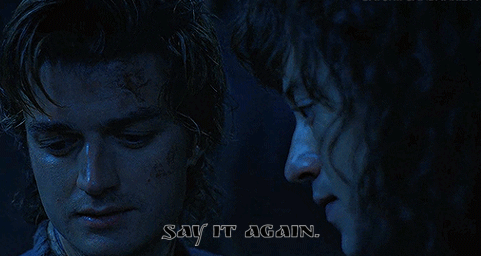

Prompt: “Pick a god and pray” they said, and you did, praying to every god you knew. And as you did this a name popped into your mind, one you didn’t recognize, yet you prayed to them all the same. In response the air stood still, like even the world had forgotten their name.
Devotion Tastes So Sweet On Your Lips (AO3)
It was another one of those nights- Steve was running through the dark trees, waking nightmare chasing him down.
He prayed his footing stayed true. He prayed that his breaths didn't falter. He prayed that the hungry darkness falling fast in his shadow didn't catch him.
He prayed to all the gods. Every deity he had ever learned of, all the new gods, and the old. He prayed until the sweat burning his eyes blinded him and he felt a root leap up in front of his foot.
He stumbled but did not fall.
But the sound of a snapping maw was closing around the dust he kicked up.
Suddenly, in his desperation, a name floated from the depths of his erratic heart to the tip of his bitten tongue.
"Eddie the Banished, of the Fallen Forest— Please- Please," Steve huffed, a force behind the name punched through his diaphragm and left him no air to plead with.
No sooner had the name fallen from Steve's lips, than the ground fell away beneath him- an embankment, steep and unforgiving in its angle. He rolled past tree trunks, slid over rough roots, and scraped jagged rocks loose for gravity to bring along for the ride.
His body hit the bottom and bounced.
Steve was dazed, his ears felt muffled as if he had landed underwater. He sat up so fast his vision swam, leaving trails of light where the stars shone down on him under the glare of the full moon.
He tried to stand, but his stomach protested- knees, shaken and unsteady, refused to hold his weight. He fell, once again on his back, trying to catch his bearings.
When his head cleared enough that the moon ceased it's dance in the sky above him, Steve sat up slowly, taking stock of his surroundings. He strained his ears to hear the snap of twigs or the slide of rocks down the slope he had just ridden as his pursuer followed him into the gorge.
It was silent as a ghost.
Steve pressed his palms to his ears and felt no blood, squeezing to try and pressure shock them into working.
He listened again—
Not even a whisper of wind in the trees.
Steve picked up a twig from the soft bed of moss that had saved his limbs from the worst of the abrupt impact and snapped it between his fingers- the sound sharp enough to startle him.
His ears worked just fine, it seemed- it was the forest that was broken.
As Steve got one knee under him, prepared to make another attempt to stand- a shadow fell over him.
Steve kept his head lowered, subdued under the charge in the air- the unmistakable aura of predator.
He slowly raised his eyes, and only his eyes.
There, standing tall above him, was a Wild God.
"It has been... So long-" The voice was grinding stones carried on the wind, "I'd forgotten what it sounded like." The Wild God lowered his body into a facsimile of a bow. A hand that shadows cling to like smoke, finger tips black as the night and ephemeral, ghosted under his chin, raising Steve's eyes to meet the darkness shining in the Wild God's own. "My name on some desperate tongue."
Steve was struck with a lightning heat deep inside his belly that rose like a plume of ashes from the mouth of a volcano, his face burning under the gaze of the most beautiful and terrifying wonder he had ever witnessed.
"Say it again." The Wild God demanded, voice deep enough to shake the ground Steve knelt on.
"Eddie the Banished, of the Fallen Forest." Steve moaned, unabashed.
Eddie's eyes rolled and the whites flickered behind shivering lashes as he savored the taste of devotion.




Vietnam’s Newly Opened Pedestrian Bridge Lifts Visitors with a Pair of Giant Weathered Hands

i was looking at ocean videos and pictures and i came across this
ice giants, anyone?

